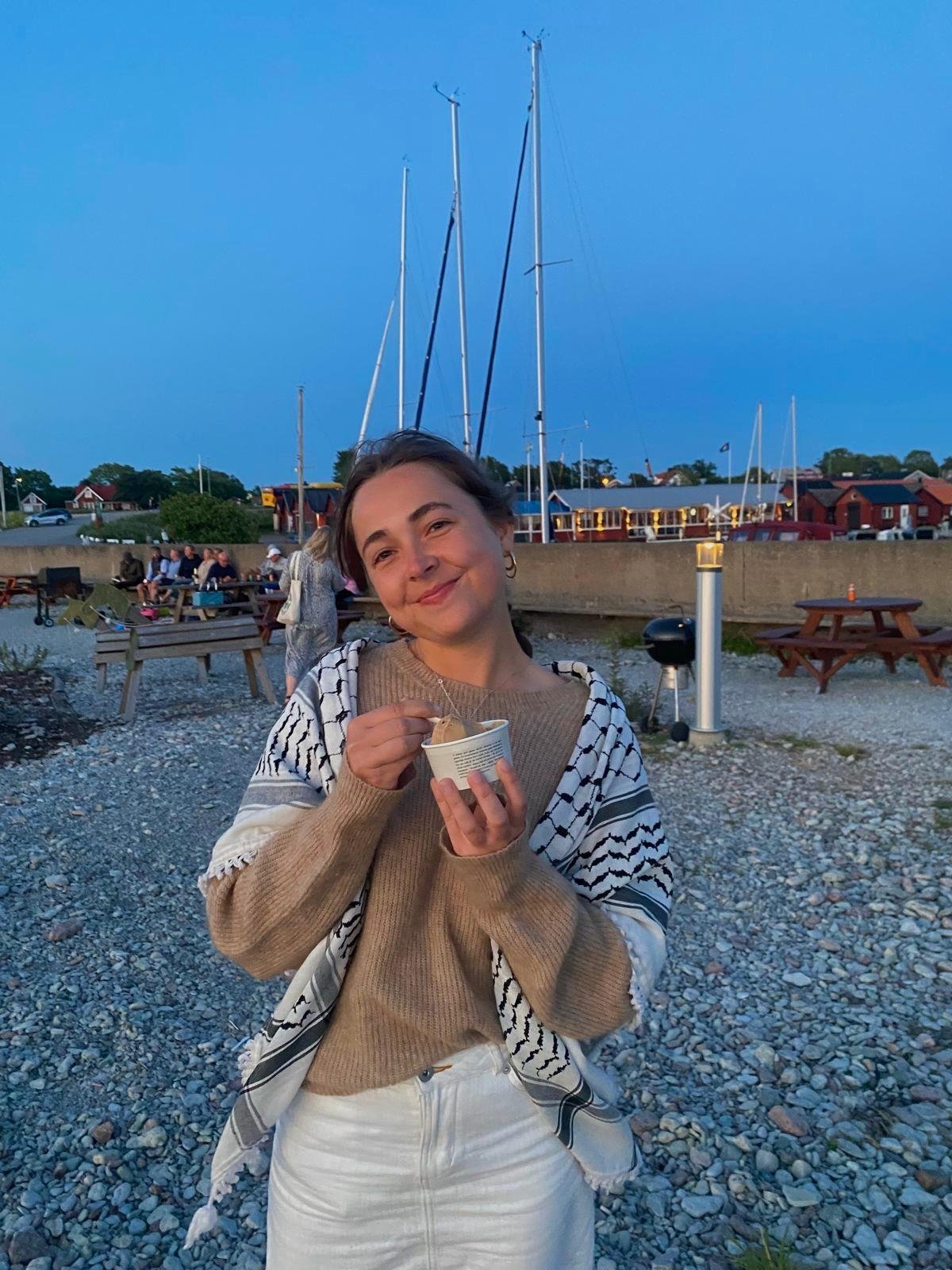Mare Autonomia - Post growth imaginaries
Beyond growth in the global ocean beyond national jurisdiction
SCIENTIFIC SUMMARY
“You cannot buy the revolution. You cannot make the revolution. You can only be the revolution. It is in your spirit, or it is nowhere.”
– Ursula K. Le Guin, The Dispossessed, 1974.
“So let justice roll down and twist and juke like a movement. Let it march into your bones, into seas of charred cane. Wash the earth in justice and watch what rises to the surface. Curses can’t breathe underwater.”
– Cole Arthur Riley, This Here Flesh, 2022.
In the last 50 years, the ocean has been experiencing a rapid increase in human use and exploitation, which is gradually decreasing ocean resilience. This “Blue Acceleration” calls for a reconsideration of the ocean as a political and economic arena. One suggestion for doing so is to replace the growth paradigm underlying the current ocean economy with a philosophy of “Blue Degrowth”. Using ocean Areas Beyond National Jurisdiction (ABNJ) as a case study, I employ Science-Fiction prototyping to explore how “seeds” of post-growth thinking in current governance frameworks for ABNJ might transform the ocean economy beyond national jurisdiction to an ocean economy beyond growth. Hence, I have developed a coherent post-growth future scenario for ABNJ (Mare Autonomia) meant to challenge the dominant Mare Liberum (freedom of the seas) imaginary of open ocean governance. The scenario consists of four SciFi short stories each touching on different parts of the ocean economy (shipping, fishing, marine biotechnology, and deep-sea mining) and a prototype ocean treaty that describes the governance principles underlying this future. This work highlights the power of imagination for both envisioning radically different futures and in rethinking how the story of our present reality is told. Alternative visions of the future are not inherently less plausible than the status quo; oftentimes, they are just more rare. In realising this, we might also improve our capabilities in critically reflecting over the stories told about our present and de-naturalising the injustices and unsustainability they allow for.
THE METHODOLOGICAL APPROACH IN BRIEF
This work applies SciFi prototyping to explore post-growth futures for ABNJ governance. SciFi prototypes are short works of fiction, grounded in science and created to explore implications, effects and ramifications of social, economic and technological innovation. The work operates at the intersection of post-growth scholarship, transformation research, and creative futuring. It also responds to a call for more positive visions of the future to counteract dystopian crisis narratives and there is a deliberate exploration of futures that can be considered desirable, positive, or utopian. Utopia refutes claims that there is no alternative to the dominant regime and thus entails refusal to accept that what is given is enough. It is in this sense that the sci-fi prototypes are utopian; they run counter to dominant imaginaries, refuse to take them at face value, and aim to show that a radically different and more desirable future is possible. More specifically, the work takes a qualitative, mixed-methods approach, combining a policy analysis with SciFi prototyping and expert interviews to explore how post-growth governance of ABNJ can be conceptualised. Structurally, the three methods (the policy analysis, creative futuring, and expert interviews respectively), can be described as phases in a methodological process where each phase generates outputs that feed into the next phase. They are conducted in sequence; they build on each other, and no element works without the others.
A NEW TREATY FOR A WORLD THAT IS STRUGGLING TO BE BORN
THE four NARRATIVE SCENARIOS
Dealers of the Bane of the Earth
Intercepting an illegal fossil fuel transport - The Rose
Old Wounds
Baffling sightings of Tuna and adaptive fishing quotas
Rotting Mangoes and the Killer Sea Snail
A medical breakthrough and one very special snail
Ocean Blight
Commemorating the downfall of deep sea mining
PROJECT LEAD AUTHOR
Tilde Krusberg is a recent graduate of the MSc programme ‘Social-ecological Resilience for Sustainable Development’ at the Stockholm Resilience Centre. She is currently working as a Research Assistant on a number of ocean related projects at the SRC. Her thesis project focused on applying post growth scholarship to reimagining the future of the high seas. Using ocean Areas Beyond National Jurisdiction (ABNJ) as a case study, Tilde employed Science-Fiction prototyping to explore how “seeds” of post-growth thinking in current governance frameworks for ABNJ might transform the ocean economy beyond national jurisdiction to an ocean economy beyond growth.
Her thesis ends with a powerful reflection on the power of imagination for both envisioning radically different futures and in rethinking how the story of our present reality is told. Alternative visions of the future are not inherently less plausible than the status quo. In realising this, Tilde notes, we might also improve our capabilities in critically reflecting over the stories told about our present.
The academic paper adapted from Tilde’s Stockholm Resilience Centre Master’s thesis is currently under review as part of a special issue on Environmental Futures in World Futures Review.
Tilde is also lead author on a just published paper in npj Ocean Sustainability entitled ‘A review of marine genetic resource valuations.’ Marine organisms in all their diversity are increasingly used as a source of inspiration for innovation in medicine, technology and even the organisation of complex social systems. But what is the actual value of this largely untapped source of innovation?
MUSICIAN - PATRICK BERGSTRÖM
The sea shanty style musical interpretation of the concluding part of ‘Ocean Blight’ was written and performed by Stockholm musician and friend of the author, Patrick Bergström







